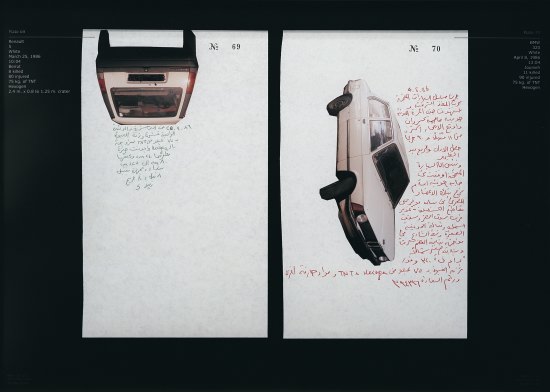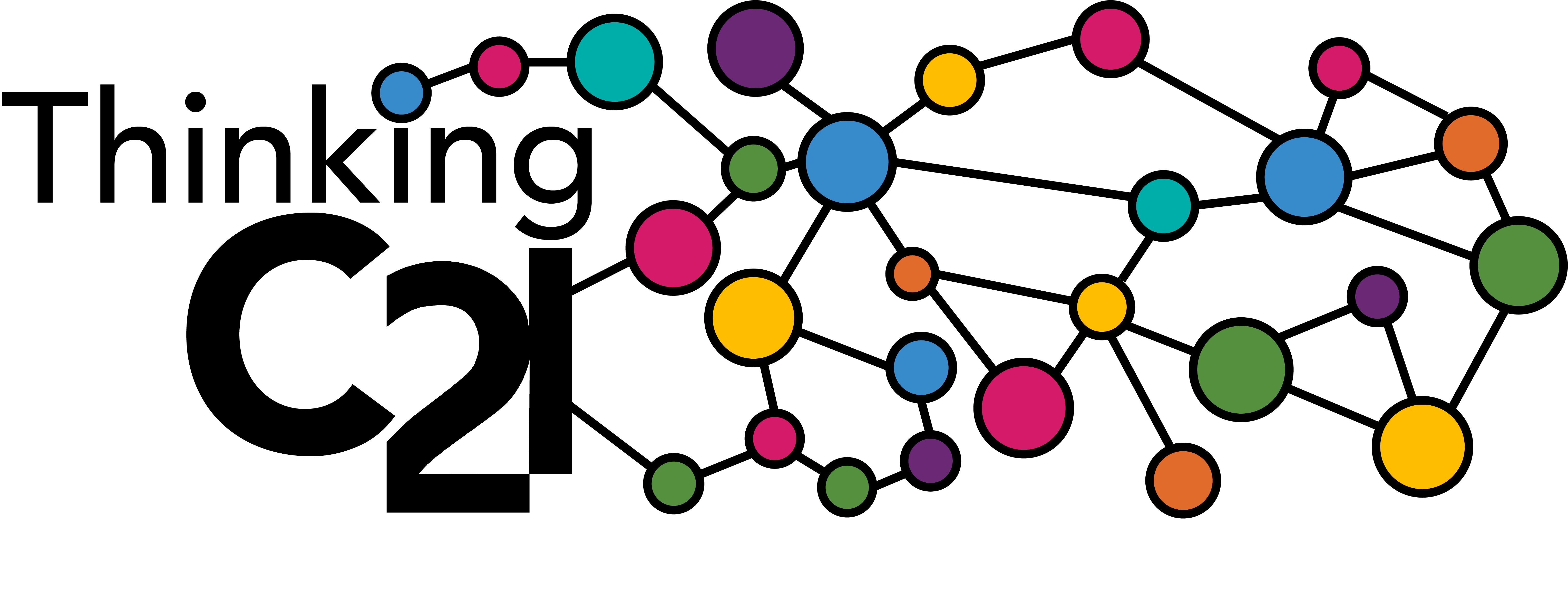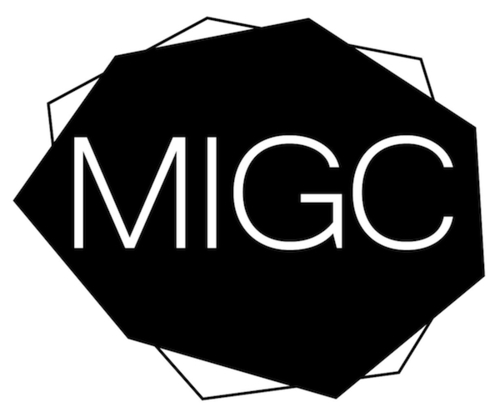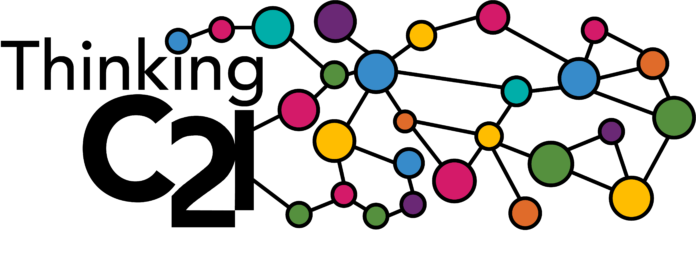“How can I do ‘interdisciplinary’ work if I don’t talk to people outside of my department?” This question was on the minds of English Modern Studies graduate students in 2004, when we started discussing opportunities for academic professionalization at UWM. Two things occurred to us: first, that we hoped to bolster the professional experience of everyone in our cohort and second, that we came to UWM to study Modern Studies because we wanted to interact with multiple departments. We were of theater, journalism, literature, film, psychology, and history backgrounds, yet we infrequently spoke with, much less took courses from, people outside of the English Department. We wondered, “Is there a way to open up dialog across these disciplines? Maybe even with students outside of UWM? What can we do to make it happen?” Dissertator Dan Brown suggested a conference, and with that, the Midwest Interdisciplinary Graduate Conference (MIGC) was born.
Working with the Center for Twenty-First Century Studies was natural, as its interdisciplinarity focus drew us to UWM in the first place. C21 allowed MIGC to piggyback on one of their speakers, Walid Raad, our first year. His keynote, “The Loudest Muttering Is Over; Documents from The Atlas Group Archive,” and The Atlas Group itself, purported “to locate, preserve, study, and produce audio, visual, literary and other artifacts that shed light on the contemporary history of Lebanon.” We knew these archives were art pieces meant to “document” events that could have been, or may have been. They gave an impressionof the contemporary history of Lebanon, but they were not History with a capital H.

Raad’s project got us thinking about archives more generally. Some questioned the ethics of such a project, and looking back, I believe this had to do with the proximity to 9-11. Many of Raad’s images felt more present then than they do now, as time has begun to dull more immediate and emotional associations. Others wondered about the antiquated idea of a paper-based archive. Then someone brought up the idea of body as archive through markings like scars or tattoos. We decided on the conference theme Archival Bodies, which we hoped would extend these thoughts. The CFP proclaimed, “We are interested in the ways the human body functions both as an archive and in archival spaces,” and proposals could engage with ideas of “the outward markings of race, sex, and age and the concealed traces of geography, class, education, [and] sexuality.” Finally, “This conference seeks submissions that broaden our understanding of how we act on archives and how they act on us.”
The conference took place in February 2006 (yes, it took that long to organize the first one!), and it drew more than twenty international graduate students. Students from as far away as Australia and Canada, and from numerous major state universities throughout the U.S., presented papers. Moreover, students representing English, Art, Anthropology, Comparative Literature, Gender Studies, History, Film, and Geography departments, not to mention the myriad concentrations within those fields, exchanged ideas over the course of two days. Additionally, professors from at least five different UWM departments moderated the panels. I remember thinking, “This is interdisciplinarity!” as I chatted with people about the intersection of ideas across what seemed to be increasingly porous departmental borders. The conference filled a gap for us: new theoretical threads were exchanged and friendships formed. It also gave us a safe space of sorts to practice making the most of academic conferences. We networked easily, asked questions without fear of sounding uninformed, and gained insight into how our work fit into international discussions and standards. We were carving our own place for ourselves in the academic world, rather than just being students in programs or classes.
It delights me that the MIGC continues strong today, organized by graduate students with the support of C21. I also feel the current state of Modern Studies speaks to the importance of interdisciplinary centers like the C21 to continue fostering the kind of work we all strove to do. Not to turn this political, but writing makes me nostalgic for Modern Studies more generally. Modern Studies no longer exists in the English department, barring a few of us who are finishing our dissertations. (I believe the History department’s branch of Modern Studies lives on.) I understand the decisions behind dissolving the concentration, and I also have a feeling very few of my graduate student colleagues, myself included, would have considered UWM without this draw of interdisciplinary work. I love that the MIGC is the English Department’s Modern Studies’ legacy. In fact, I feel incredible pride that a conference others and I worked so hard to start has become the surviving Archival Body of that program.
Finally, three cheers to the terrific crew who launched the MIGC with me: Cara Ogburn, Dan Brown, Aaron Krall, Donte McFadden, Ruth Wollersheim, Casey Gerhart, and Terri Williams.
[Susan Kerns is completing her Ph.d. in Modern Studies from UW-Milwaukee. She has worked in film as an actress, writer, and producer, and recently co-founded the production company Gal Friday Films, which aims to grow the number of women in film, utilize local talent and businesses, and observe environmentally sustainable production practices. She is currently the Education Director of the Milwaukee Film Festival. In this role, she continues to collaborate with C21, planning a Futures of Cinema public lecture that will take place this fall.]



